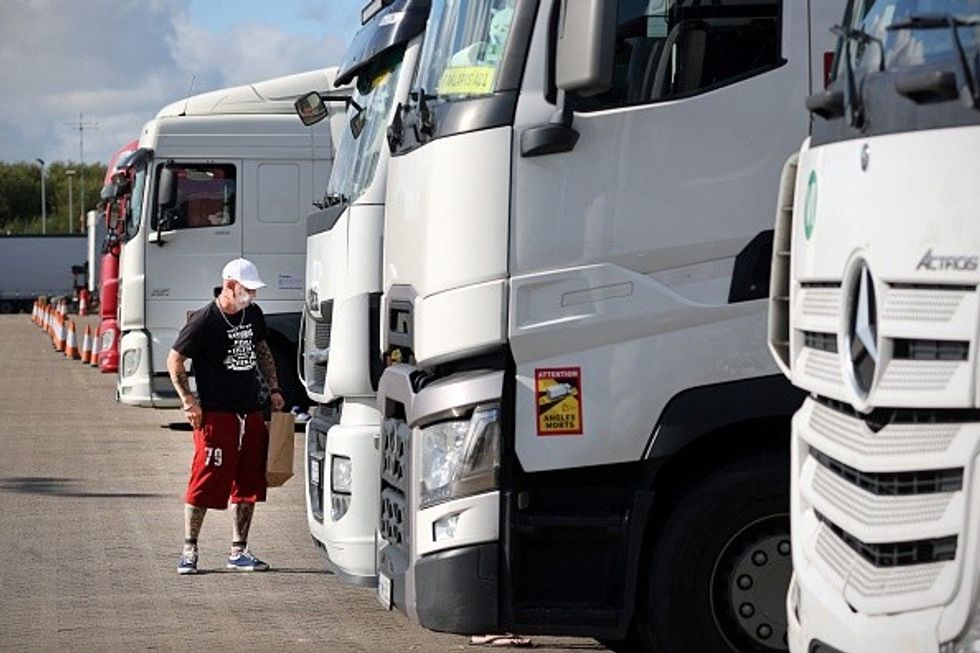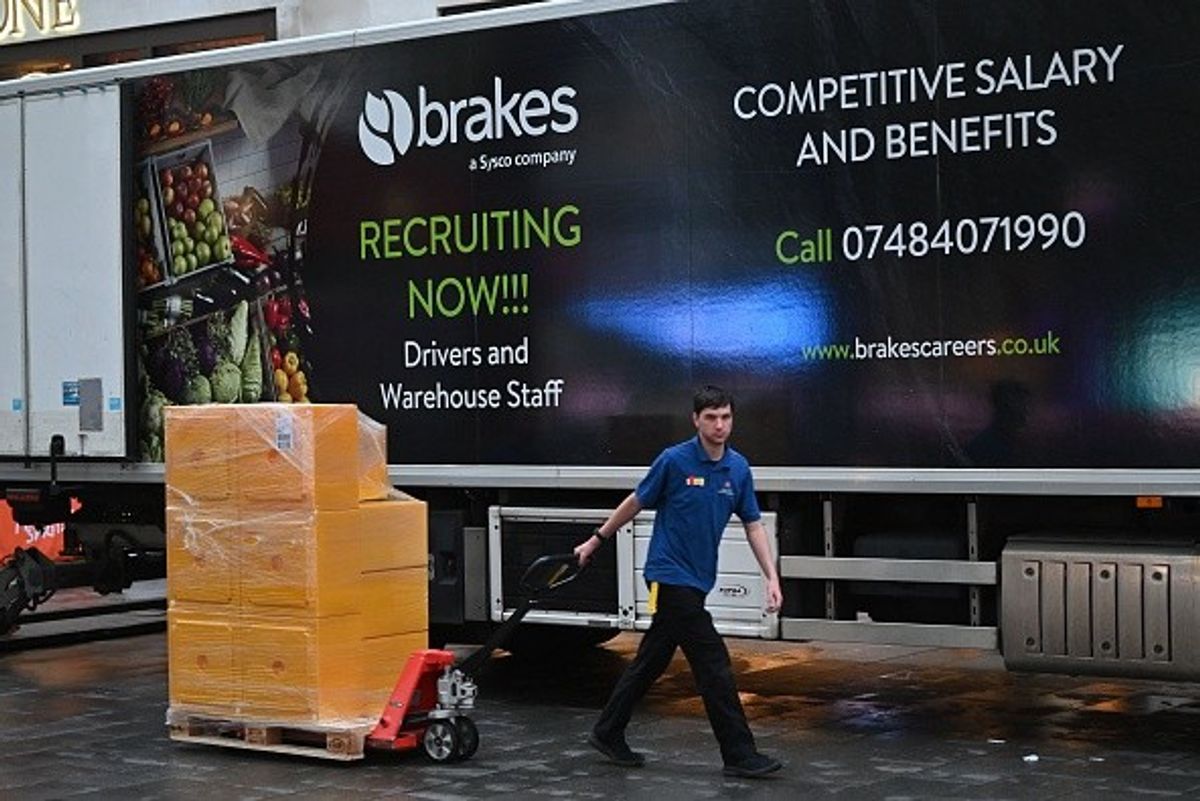Food and drink wholesalers have admitted to be reeling under increased cost pressure but not all have plans to implement new charges to delivery services. On other hand, Booker, the one which is set to charge a delivery fee from Feb 28, has assured retailers that they will be rewarded back in the form of overall excellent services.
Booker’s recent announcement of imposing an almost £30 delivery fee has certainly not gone down well with retailers who are calling on the wholesaler giant for breaking their backs at a time when they are dealing with already high costs.
The wholesaler’s RDMs have begun verbally communicating the changes to retailers which is set to come into effect from Feb 28, with letters due to be sent to stores. As per a public statement by Booker spokesperson, the wholesaler is “forced to take this difficult decision due to rising costs”.
Noteworthy here is that Booker is not the only wholesaler who is hitting retailers with a new delivery fee. Nisa retailers are also being imposed with a £4.88 “fuel levy” per delivery.
With rising labour cost, lack of HGV drivers and hence higher wages, higher energy costs, grocery wholesalers are clearly dealing with cost pressure from all sides- something which Booker and Nisa are seemingly trying to dissipate and pass on to their customers.
No way out
James Bielby from Federation of Wholesale Developers (FWD) acknowledges that the wholesalers have been dealing with increased cost pressure for a while now.
“Like every other part of the food distribution network from farms to stores, wholesalers have been affected by the unforeseeable events of the last two years and they are facing huge increases in the cost of keeping their customers’ shelves stocked,” Bielby told Asian Trader.
Shortages of drivers have been in the headlines over the past months with empty shelves showing the impact of what the Road Haulage Association (RHA) called a "perfect storm" of problems. Not to forget that a rise in online shopping has resulted in more driving jobs which require a van rather than a HGV which is seen as a better option for some.
To meet the driver’s scarcity, firms are left with no choice but to increase wages, as high as 40 percent in some cases. In fact, research from job site Indeed shows salaries for driving jobs have surged more than seven times faster than the average wage growth recorded for all jobs in the UK.
Back in December, a dispute involving drivers employed at Booker Thamesmead site had flared up to the extent that it led to possibility of strike during the festive time, threatening the deliveries to 1,500 convenience stores in London and the southeast. The strike was called off on Dec 20 after Booker management reportedly agreed for an “in-depth review of pay”.
Clearly, Booker was dealing with the rise in drivers’ wages for some time.

Bielby from FWD admits that wholesalers have had to respond to the wage increases offered elsewhere.
“The shortage of HGV drivers has meant wholesalers have had to respond to the wage increases offered elsewhere,” he said.
Apart from drivers’ wages, the firms are also dealing with higher costs from all sides.
“Labour shortages throughout the whole supply chain are driving wage increases, along with rises in the National Living Wage. On top of that, the soaring price of oil and gas has huge implications for a sector that requires enormous amounts of electricity for refrigeration, heating and lighting, and fuel for delivery vehicles,” Bielby said, adding that wholesalers lost a huge proportion of their customer base for several months during 2020-21, and “didn’t get the government financial support offered to supermarkets, so they don’t have the reserves to absorb such steep increases”.
Booker is yet to respond to our queries.
Industry Responds
Declaring that the firm has been struggling with a myriad of cost-related issues, wholesaler giant Bestway echoed Booker’s public statement that the past two years had been “demanding”.
“It’s fair to say that the past two years have been demanding. We have seen record-high fuel prices, wage cost increases, increases and disruption across the supply chain and sector-wide labour shortages,” Bestway spokesperson told Asian Trader.
With rising costs, some retailers feel that Booker’s move will be imitated in some form or the other by other wholesalers very soon.
Bestway, however, strongly denies the claims and has assured retailers that they have no such plans in near future.
“A key priority for our business has always been our commitment to supporting independent retailers, who played such a vital role in supplying the public with everyday essentials during the pandemic. As part of this commitment, we do our utmost to ensure that the costs we face are not passed on to our customers," Bestway spokesperson said.
Aside from its standard delivery service (for which Bestway does not charge any fee but a minimum order delivery surcharge), Bestway vans fleet supplies retailers with free deliveries with no minimum order requirements, providing retailers with top-ups of key categories in between their larger shopping missions.
“We are focused on driving efficiency to counter increased inflationary pressures and have no intentions of implementing new charges to our delivery services in the near future,” Bestway spokesperson told Asian Trader, adding that the firm is committed to “offer the market’s leading service to independent retailers” despite being faced by the same economic uncertainties.
Parfetts too has assured that it will not impose any delivery charge in the near future.
“At Parfetts we are focused on delivering great value and service to our retailers. We are aware others in the sector have increased the cost of delivery and we can only say that we have no intention of imposing delivery charges,” Steve Moore, head of retail at Parfetts, told Asian Trader.
Parfetts’s minimum order is £750 and there is no additional charge for delivery.
“We are constantly working with retailers to understand how we can provide the best service and great value. Our retailers also enjoy access to regular promotions,” Moore said, however, admitting that the sector is undoubtedly facing increased pressure on costs.
“As an employee-owned business we have the flexibility to give our retailers the service they need to operate profitably,” he said.
FWD, however, chose to make no such claims on behalf of its members. The wholesalers' body believes that each firm will have their own way to tackle the cost increases, some of which will end up being passed on to the customers.
“With food price inflation expected to top 6 percent this year, there’s no question that some of these cost increases will be passed all the way through to consumers.
"Each wholesaler will be having conversations with their customers about how to structure this” Bielby said, assuring that FWD will keep the government informed on the effect this price inflation has on wholesalers and their customers.
Booker's assurance
Meanwhile, Booker reported to have assured agitated retailers that delivery charges will be rewarded back in good service.
In a recently-held meeting between Booker RDM and Manchester-based Premier retailer Mos Patel, the latter revealed how he was assured a promise of exceptionally-good service and on-time delivery.
“Stock availability is going to be there. The service is going to be improved. They are going to keep the prices low as well. They said they will be investing more in call centres and the depots are going to be improved drastically,” Patel told Asian Trader.
Patel, who used to avail five deliveries a week for his two stores, is now contemplating to cut it down to two per week and get the rest from Parfetts (which he also claims is the cheapest) and other local suppliers. However, he has not given up on Booker yet.
“The thing with Booker is they think ahead compared to any other suppliers and wholesalers. They work closely with us. They give ideas and suggestions. They are always there- even in the times of Covid, they were consistent,” Patel said.
Booker, Patel said, knows and admits that retailers will demand excellent service because now they are paying a good amount for it.


